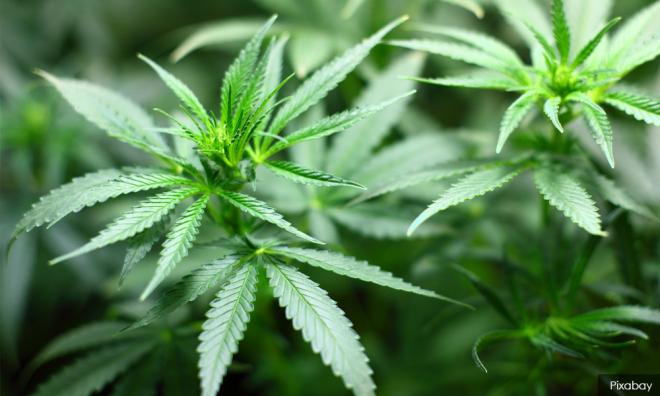
Court cases linked to medical marijuana have highlighted the gap between policy statements over the decriminalisation of drug use in Malaysia and the lack of legislative action.
Less than a year after neighbouring Thailand legalised the use of cannabis for medicinal purposes and research, a party in its ruling coalition last month reportedly proposed a draft law that would allow Thais to grow six cannabis plants at home.
In Malaysia, Health Minister Dzulkefly Ahmad meanwhile announced in June that the government plans to work towards removing criminal penalties for the personal possession and use of drugs.
This followed his statement on March 27, when he told Parliament that his ministry had considered giving space to medical marijuana in clinical research – not in terms of planting and cultivation, but for the purposes of treatment, medication and health.
In both countries, similar questions were raised both in and out of court on issues surrounding use of cannabis and its various components - cannabis extract, Delta-9-tetrahydrocannabinol (THC) and Cannabidiol (CBD).
Thailand arrests
Thai police had on April 3 raided the office of Khaokwan Foundation chairperson, Daycha Siripatra and arrested his assistant, Pornchai Choolert.
They seized 205 cannabis plants, 20 litres of cannabis oil, 8kg of marijuana seeds and 500kg of marijuana powder.
According to Vitoon Panyakul, director of Thai organic farmers cooperative Green Net, the public rallied support for Daycha who at the time faced a 12-year jail sentence and fine. He was jointly charged with Choolert for possession and planting of marijuana.
"The case became sensational, he received a large amount of public support and the media widely reported the case," Vitoon told Malaysiakini when met in Bangkok recently.
At the time, Thailand's Office of Narcotics Control Board said the foundation was raided as it had no permission to possess and process marijuana for medical purposes.
It also denied public speculations that the crackdown was intended to prevent smaller firms from entering a lucrative market for medical marijuana, in the interest of larger pharmaceutical companies.
Pro-marijuana minister volunteered to post bail
Beyond attention from activists and ordinary public, Vitoon said the duo's case also attracted the support of Thailand's Public Health Minister Anutin Charnvirakul from the Bumjaithai party.
On the day of the raid, Anutin posted on Facebook: "I am ready to be a surety and fight for Daycha Siripatra and Pornchai Chulert's case."
Other leaders from the Bumjaithai party had in the run-up to Thailand's general election on March 24 campaigned for farmers to be allowed to plant marijuana as an additional source of income.
The party eventually won 51 out 500 parliament seats.
About two weeks later, Thailand Prime Minister Prayut Chan-o-cha was quoted by Thai PBS as directing Anutin's ministry to support Daycha's Khaokwan Foundation in their research and development on marijuana oil for medical purposes.
When met by Malaysiakini, Daycha however said that the foundation, which was set up in 1998, initially had nothing to do with medical marijuana.
"It was a foundation that promoted planting of organic paddy.
"We also keep a stock of original Thai paddy seeds," he said.
Quizzed on reasons behind the foundation's change of direction, Daycha revealed that his mother's death from cancer 30 years ago had partly driven his interest towards medical marijuana.
"Subsequently six of my family members also died from cancer.
"Since then I have done my own research, reading about how marijuana can help to treat cancer," said the 71-year-old who also claimed that his personal recovery from Parkinson’s and Alzheimer’s disease was due to use of marijuana oil.
Health tips from a Buddhist monk
Daycha said his foray into medical marijuana research had led to an encounter with a Buddhist monk from the Bang Pla Mor temple in Suphan Buri province, who practised Thai traditional medicine.
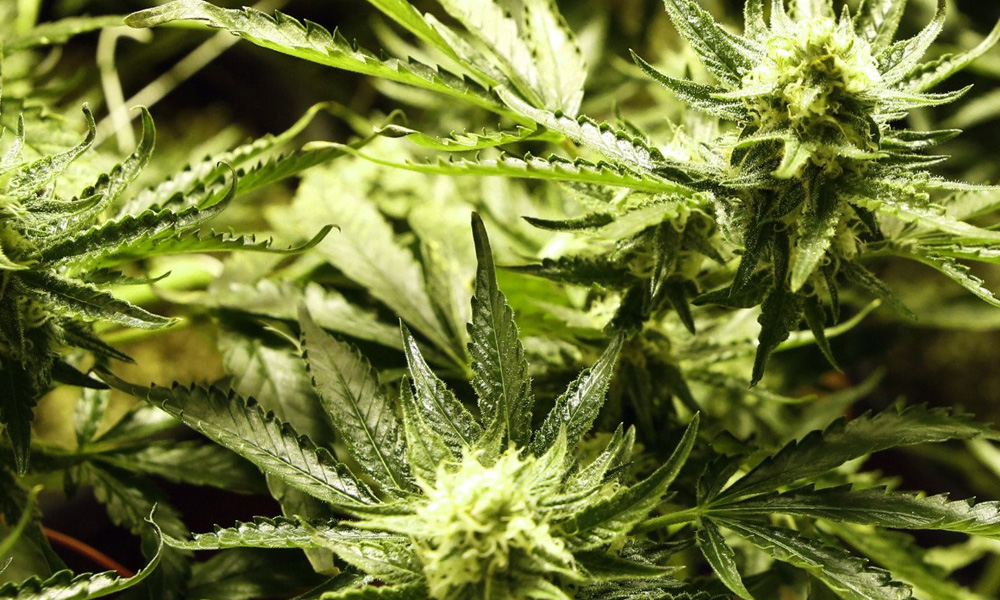
"According to the monk, marijuana is actually safe for use and the Thai's traditional way to use it is unlike the Western ways.
"They don't separate THC and CBD but instead use it directly from flowers of the plant grown in an organic manner," said Daycha.
"Marijuana processed with coconut oil helped patients to sleep well.
"The idea is that if a person slept well, the body will have its own healing mechanisms," said Daycha, who set up a traditional clinic at the Bang Pla Mor temple to distribute marijuana oil produced by his foundation for free to patients.
This move follows a decision by Thai courts to drop all charges against Daycha and his assistant, as well as permission granted by Thai Food and Drug Administration for prescription of marijuana oil.
"Now I have 40,000 patients registered with my foundation.
"The number is growing and I now have to refer them to the government hospitals," he said, adding that the foundation has also partnered with Bangkok-based Chulalongkorn University's Faculty of Medicine to advance its research in the area.
'More questions on marijuana'
Thailand's draft law to allow up to six cannabis plants per home had raised questions, including on its care and subsequent processing methods due to limited facilities.
Thai medical marijuana advocate Dr Somyot Kittimunkong told Malaysiakini that the answer lies with advancements in extraction technology.
"Extraction technology nowadays is very advanced. What is needed from the plant is just its CBD and THC components.
"The rest is not needed and can be discarded," said Somyot who in 2016 authored a book titled Marijuana is Medicine that Cures Cancer.
Somyot, who recently retired after 30 years as a government doctor, further said that centres should be set up to collect cannabis plants grown at home and extract the components needed for processing.
Just as Daycha's case had prompted the Thai government's move to re-evaluate the use of marijuana for medical purposes, Prime Minister Dr Mahathir Mohamad had in September last year said the government should review the case of Muhammad Lukman Mohamad, who was sentenced to death for possessing, processing and distributing cannabis oil.
In its latest development, the Court of Appeal last month set Nov 27 to hear an appeal by the 30-year-old father who was first arrested in 2015 together with his then-pregnant wife. - Mkini



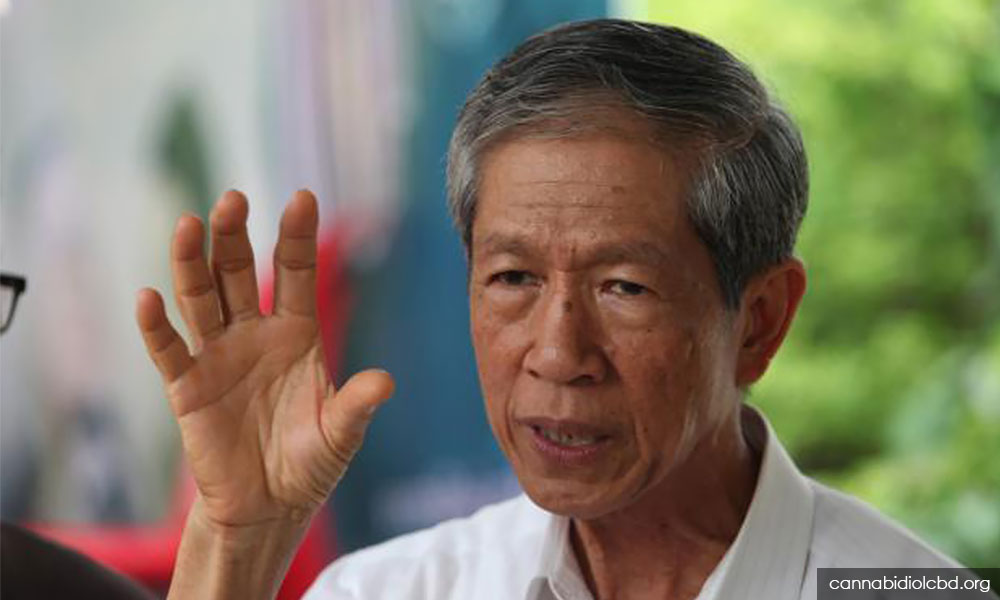
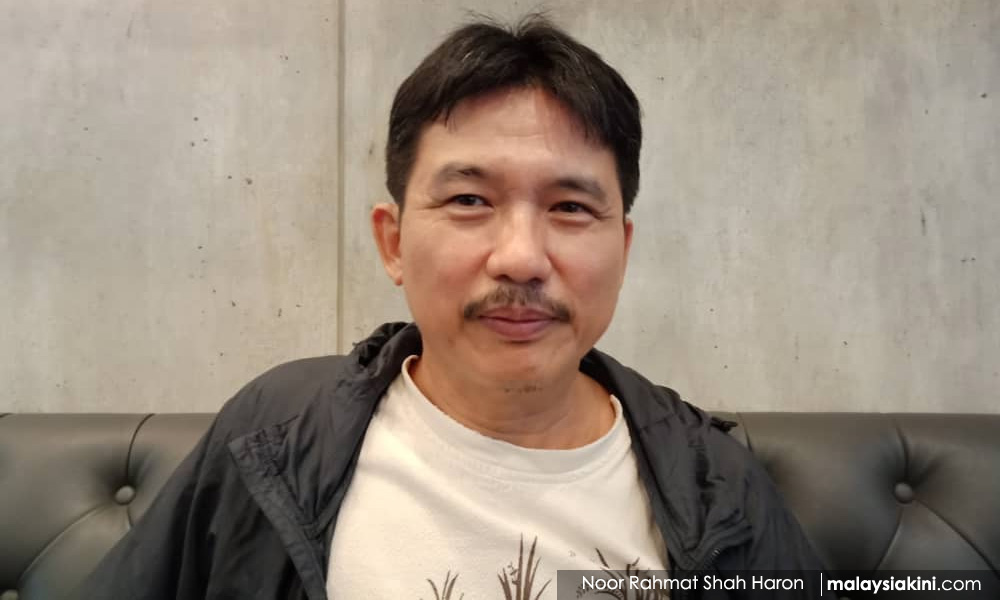
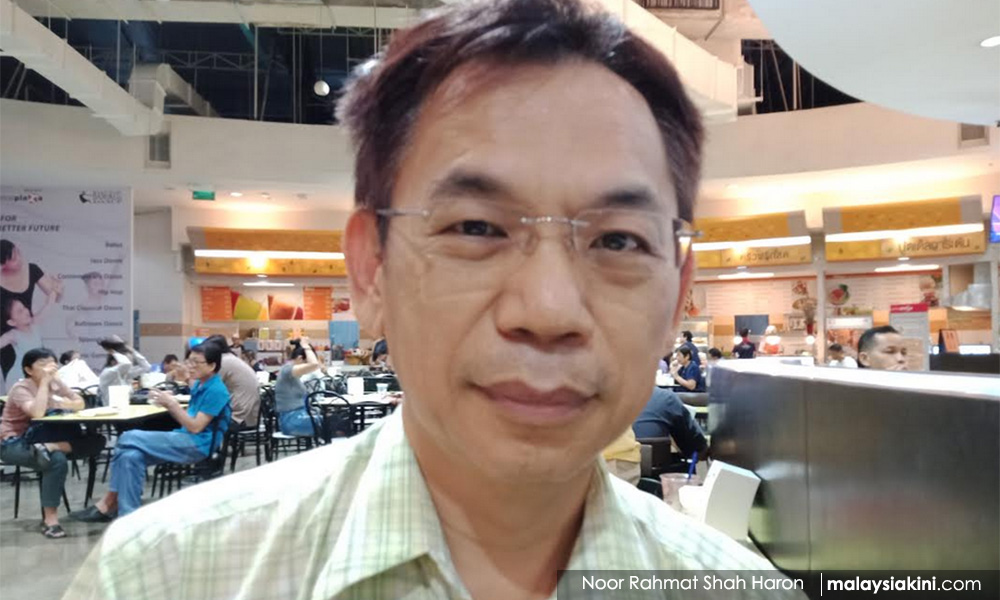
No comments:
Post a Comment
Note: Only a member of this blog may post a comment.